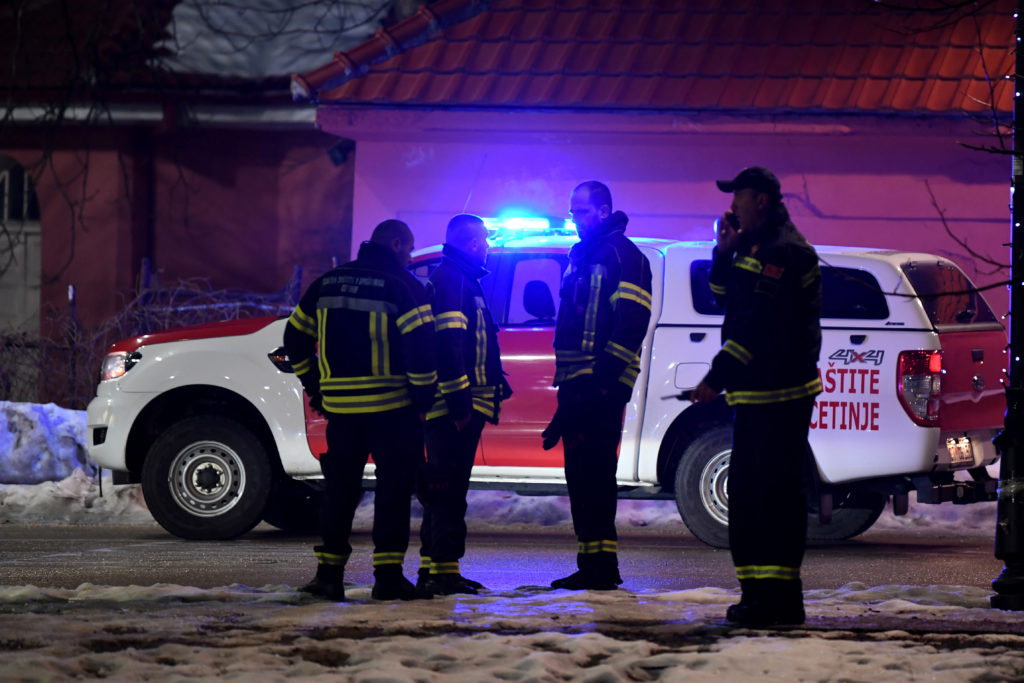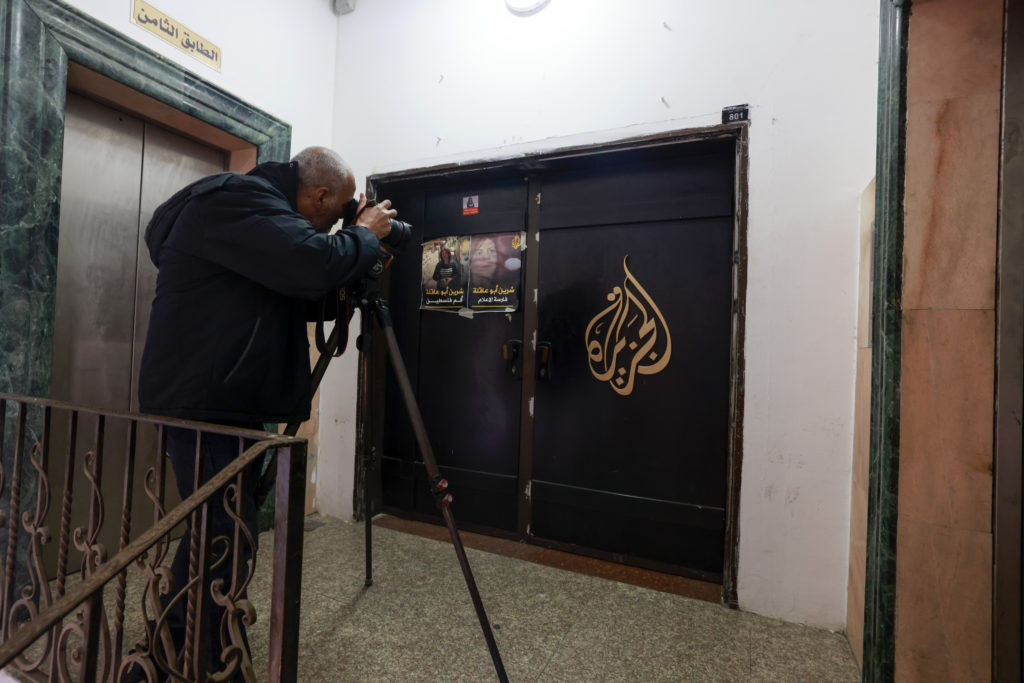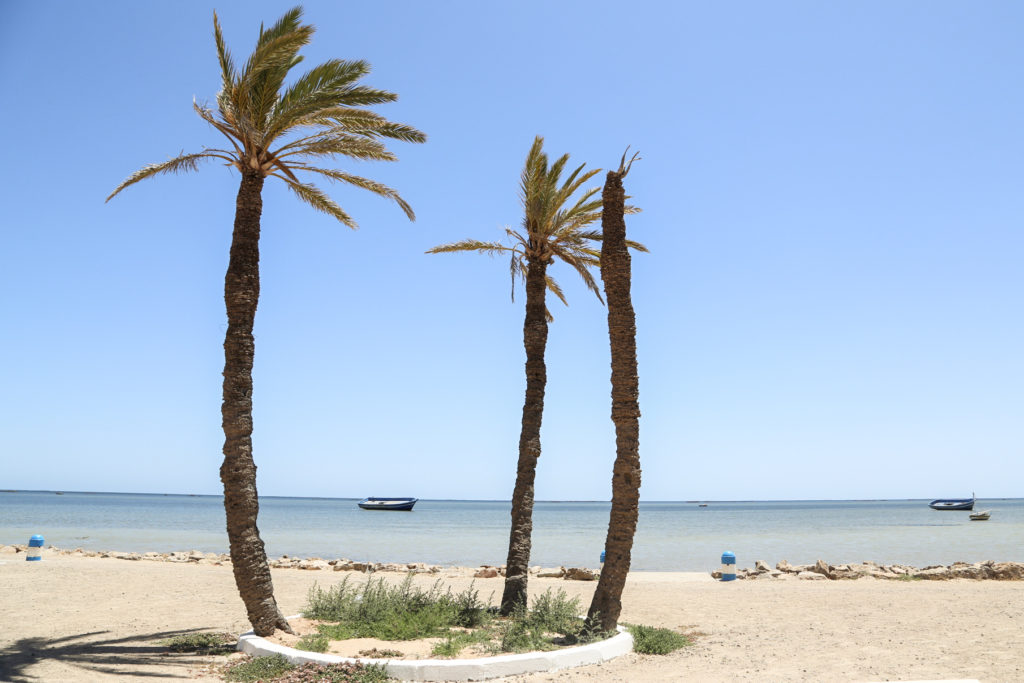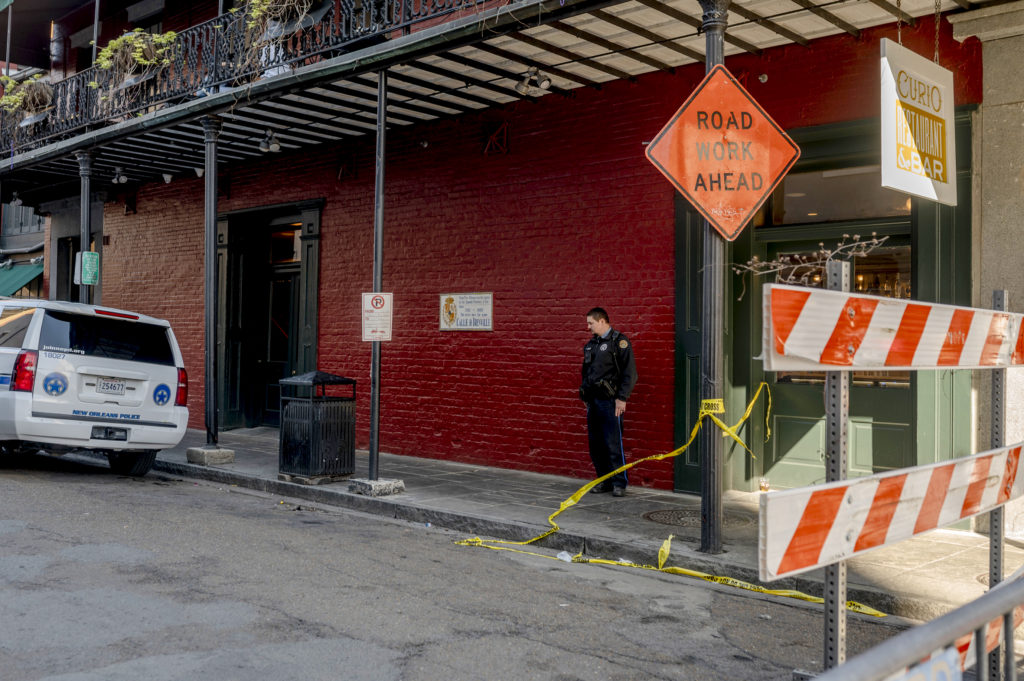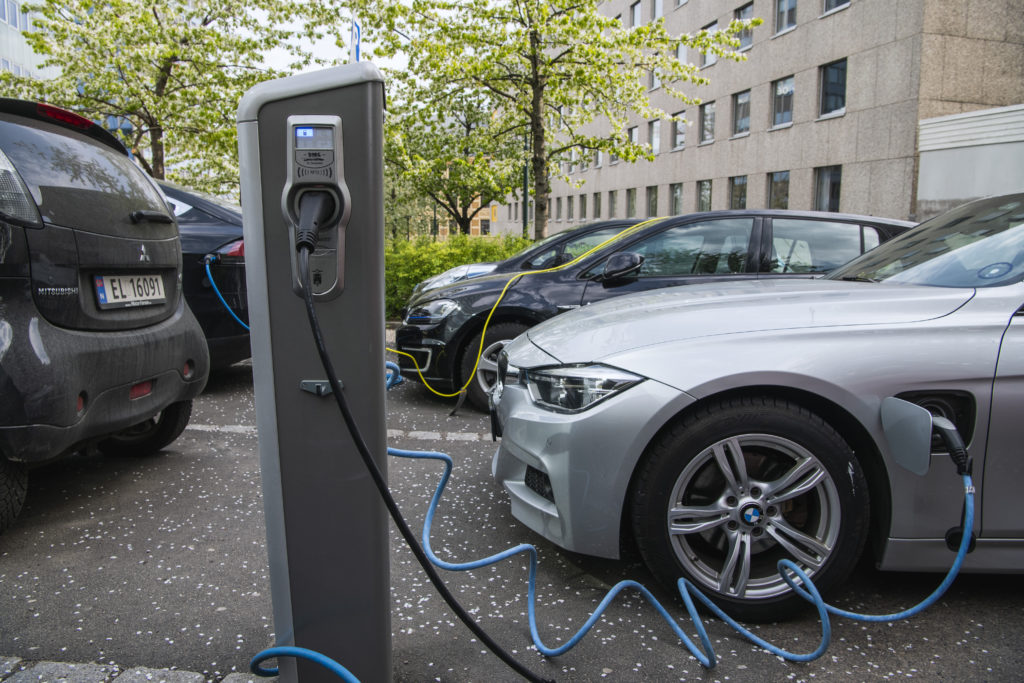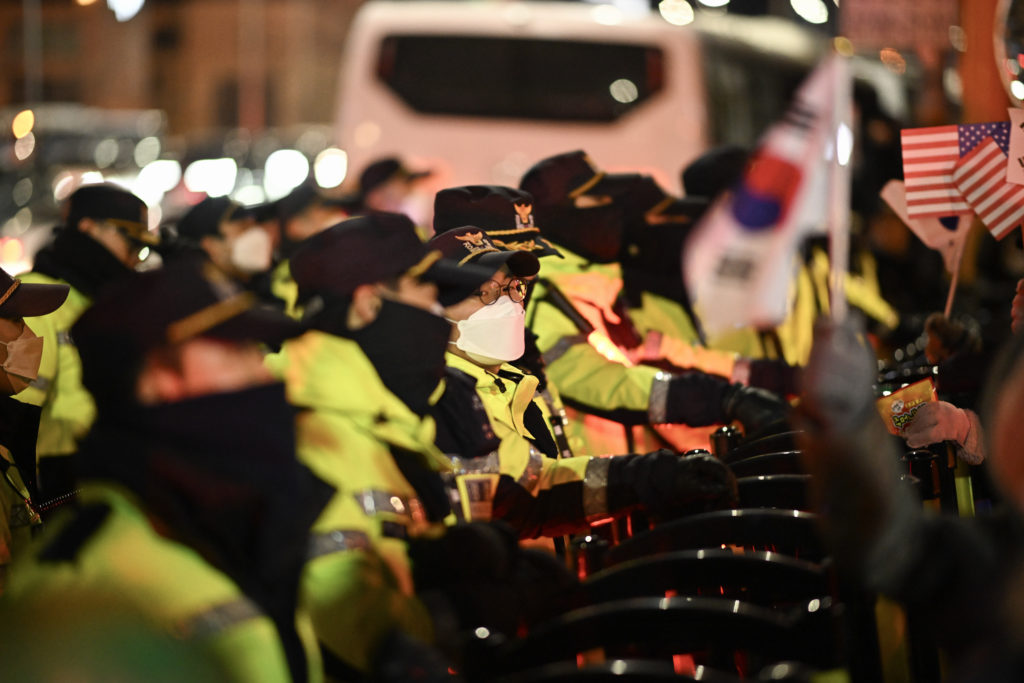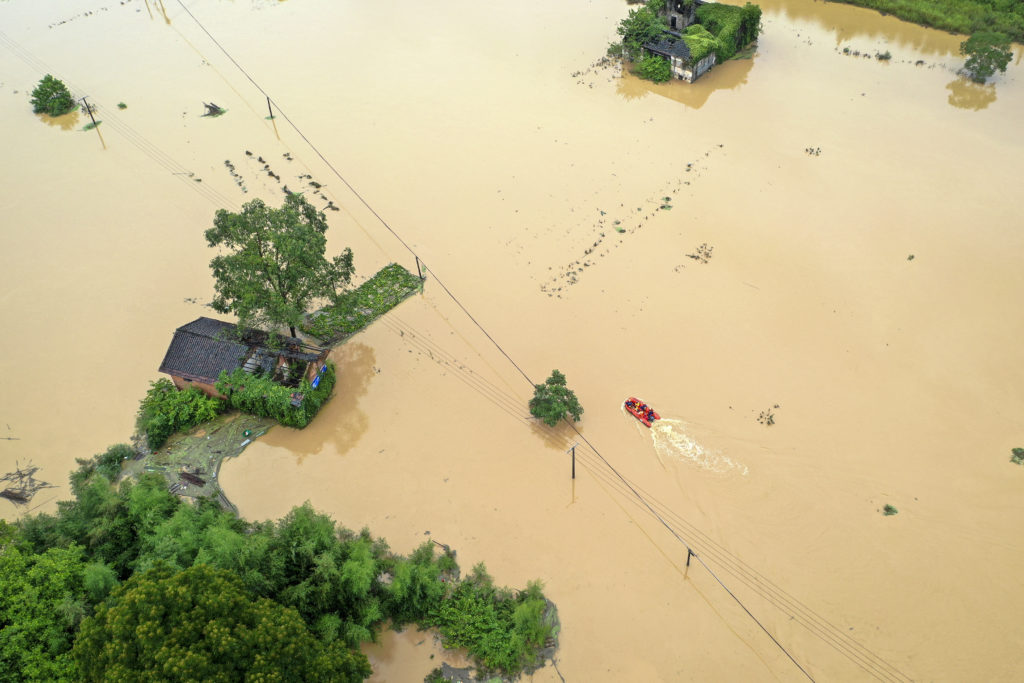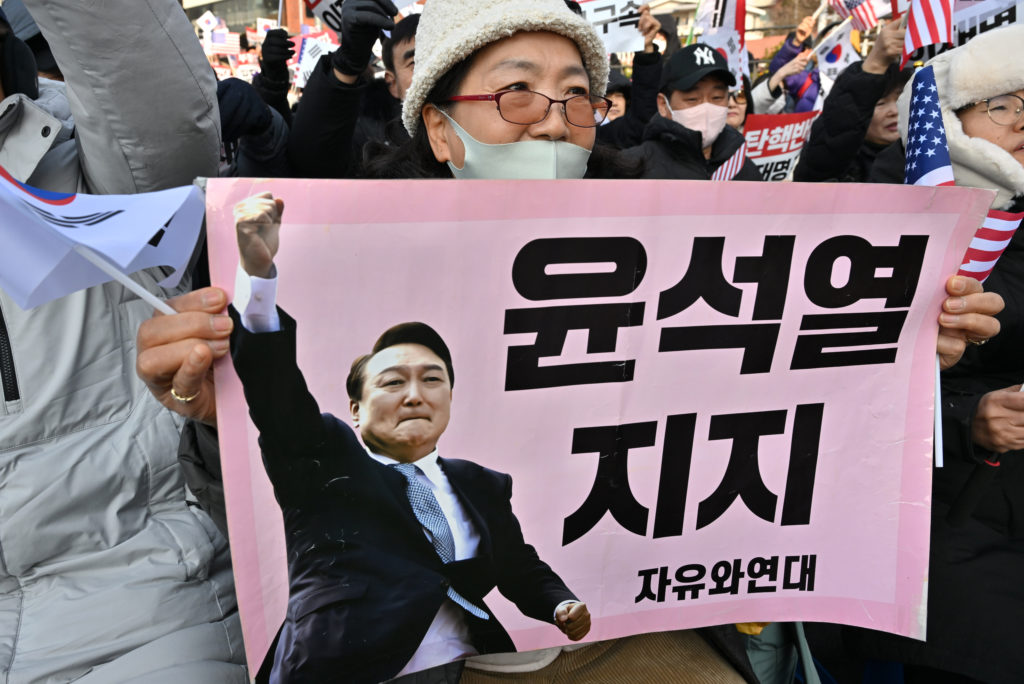Voters in Moldova head to the polls Sunday in a snap parliamentary election called by new President Maia Sandu to strengthen her position against pro-Russia forces.
Sandu, who wants to bring Moldova into the European Union, in November defeated sitting Kremlin-backed president Igor Dodon on a pledge to root out graft in one of Europe’s poorest countries.
Wedged between Ukraine and EU member Romania — with which it shares a common language — Moldova has long been divided over closer ties with Brussels or maintaining Soviet-era relations with Moscow.
But Sandu’s hands have been tied because of a parliament loyal to Dodon.
After a protracted power struggle with lawmakers, Sandu at the end of April succeeded in dissolving parliament and scheduling snap polls.
The 48-year-old former World Bank economist’s ambitions have struck a chord with supporters tired of corruption scandals.
“She may not have done much yet, but we know that she is honest and incorruptible,” Yelena Ranga, a 43-year-old teacher, told AFP.
“Finally, we are not ashamed of our president, we are proud.”
For Sandu, Sunday’s vote will be pivotal if her plans as president are to come to fruition.
In Moldova, the president “can hardly do anything without parliament, which is why the stakes in these elections are so high,” Alexei Tulbure, political analyst and the country’s ex-ambassador to the United Nations, told AFP.
– ‘Symbol of change’ –
Sandu’s centre-right Action and Solidarity (PAS) party is leading the pack going into the vote.
The latest polls show PAS with 35-37 percent of the vote against 21-27 percent for the party’s rivals from the coalition of socialists and communists led by Dodon and former President Vladimir Voronin.
And those figures only take into account voters living in the country of some 2.6 million people.
The diaspora, which accounts for more than a third of Moldova’s eligible voters, already threw its support behind Sandu during the presidential polls. It could bring her party another 10-15 percentage points, according to estimates.
Sandu, who also served briefly as prime minister, has for many Moldovans become “a symbol of change” in a country “fatigued” by old corrupt politicians, Turbule said.
“In Moldova corruption is not a crime, it’s a lifestyle,” he said.
“And after 30 years of destruction and degradation, people are waiting for the country to finally start moving in the right direction.”
Despite strong backing, it is not yet clear whether Sandu will win the majority needed to form a new government.
“She promised a lot but did little,” Aleksandr Volodin, a 72-year-old retiree who will vote for the bloc led by Dodon and Voronin, told AFP.
If Sandu fails to get a majority, she could still form a coalition with the bloc of populist businessman Renato Usatyi, analysts say.
– Blow for Moscow –
Analysts say Sunday’s election will most likely be a blow to Russia, which wants Moldova to remain in its sphere of influence.
“The majority will be pro-European, and the influence of Russia will weaken,” said Sergiy Gerasymchuk, a Kiev-based expert on Moldovan politics.
Her victory in the parliamentary elections would risk “transforming Moldova into a puppet of the West against Russia,” Dodon warned recently.
One way Sandu has irritated the Kremlin is by proposing to remove the Russian military garrison based in Transnistria, a pro-Russian breakaway state straddling the country’s eastern frontier with Ukraine.
She wants the Russian troops replaced with observers from the Organization for Security and Cooperation in Europe (OSCE).
Twenty parties and two electoral blocs are running in Sunday’s elections.
They must cross the threshold set at 5 percent and 7 percent of the votes respectively to obtain seats in the unicameral assembly.
101 lawmakers will be elected for four-year terms.


